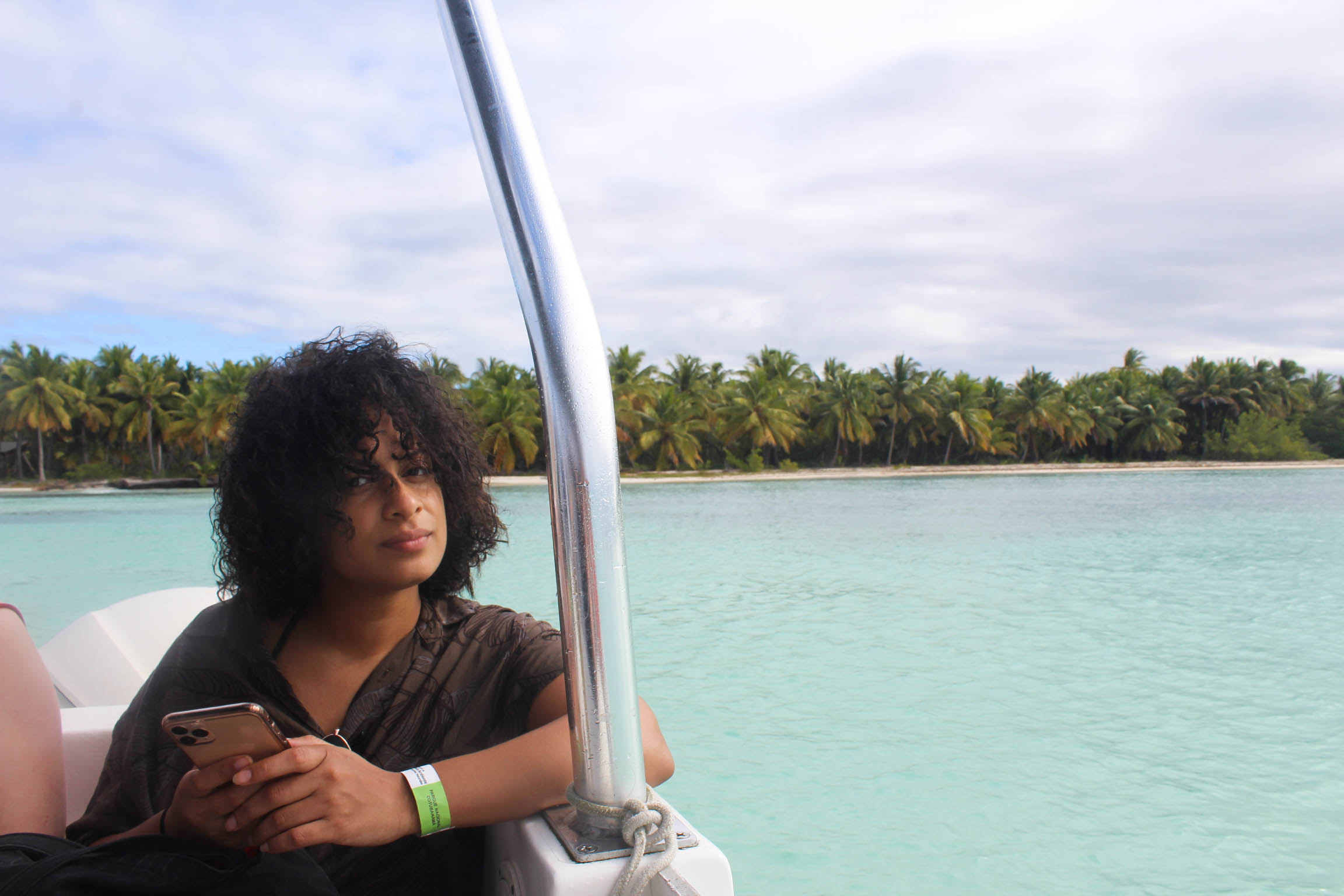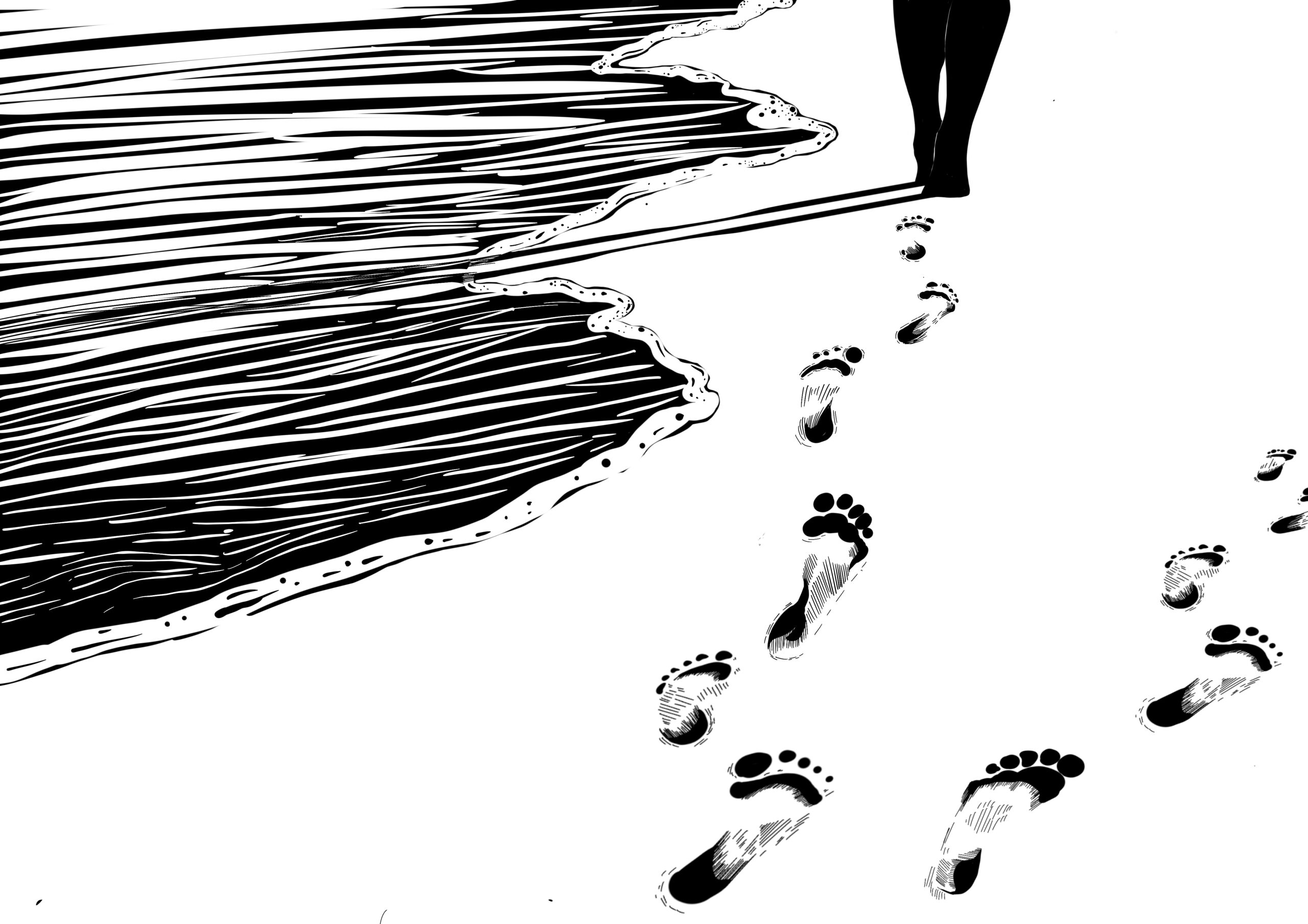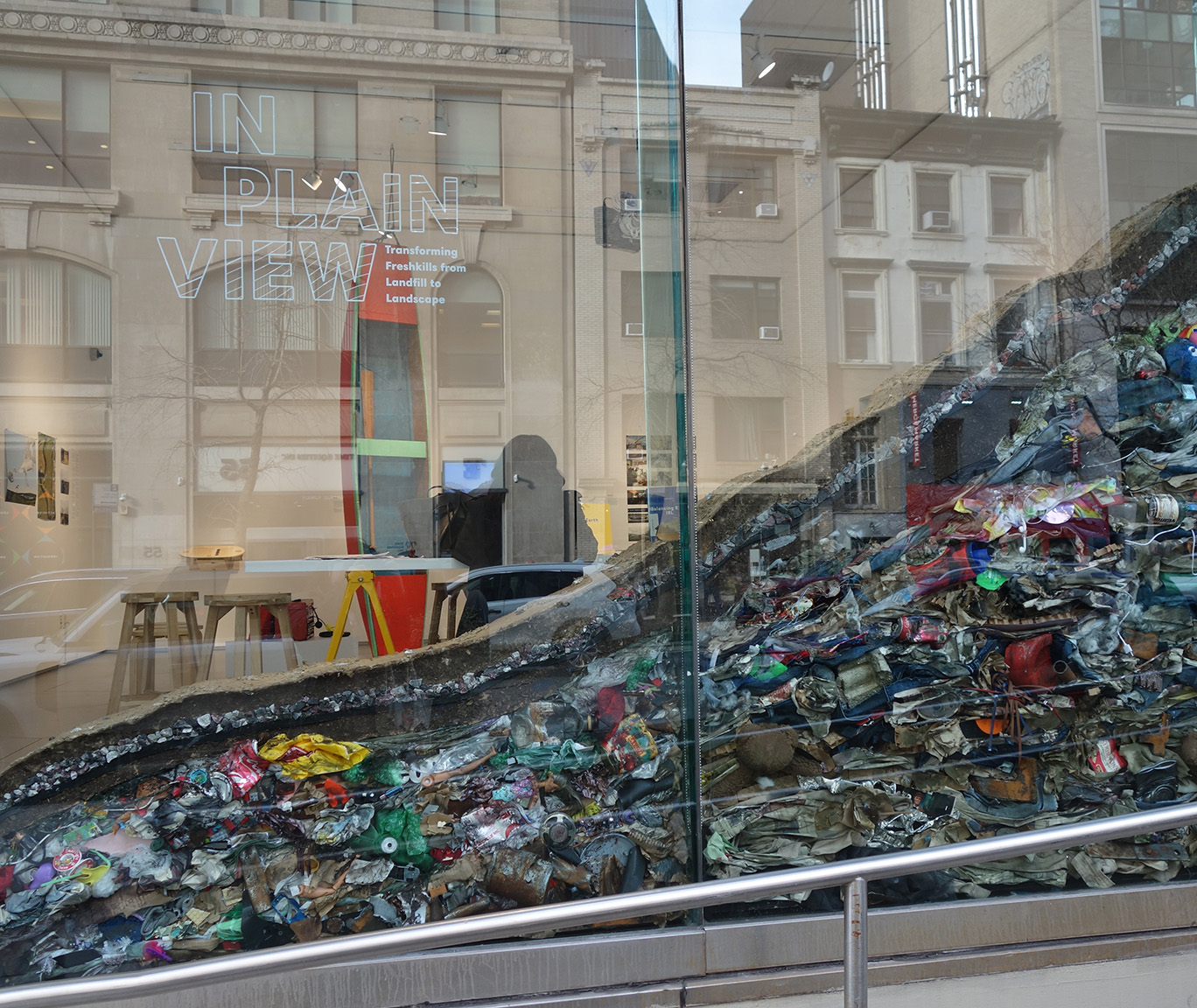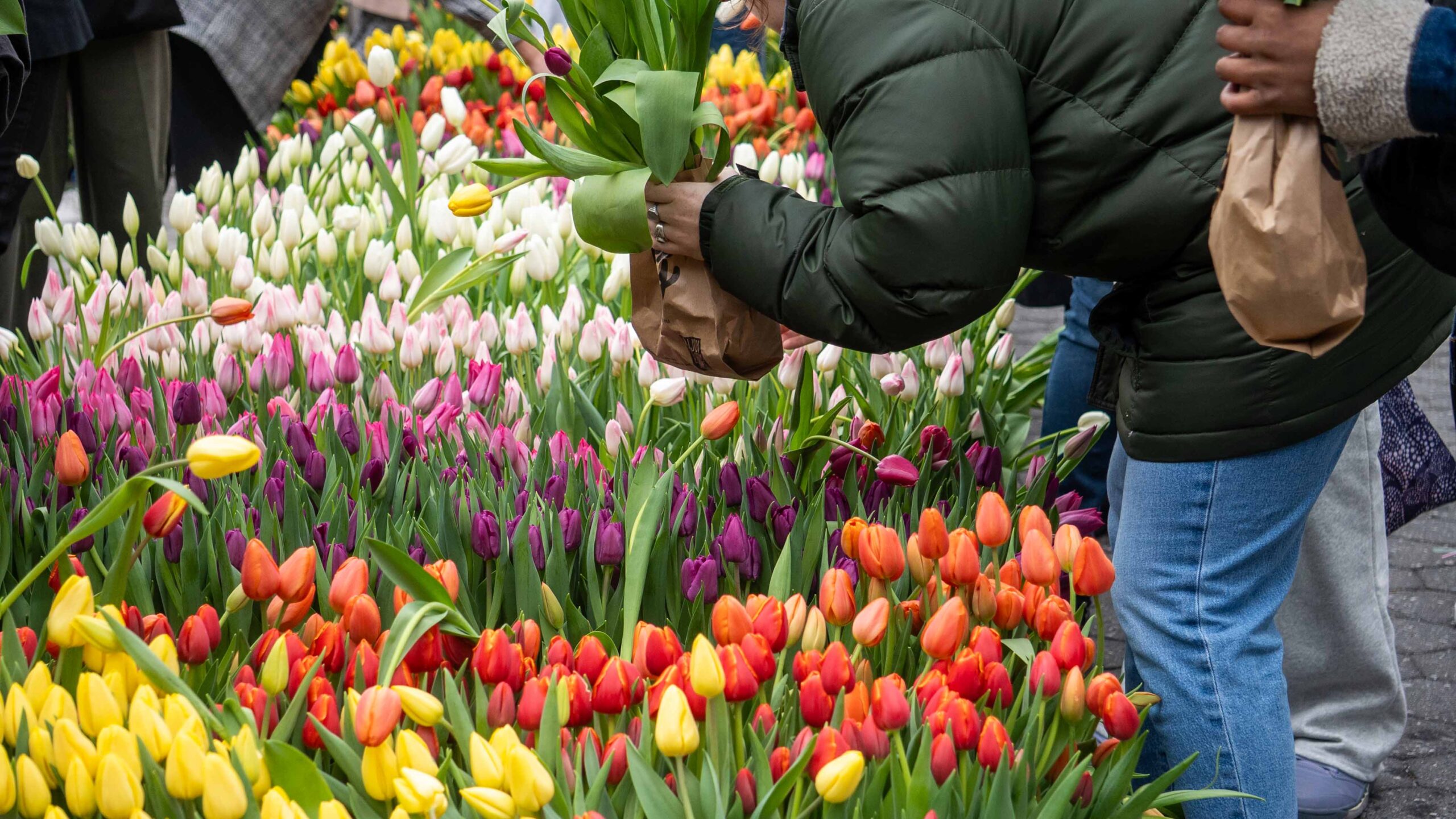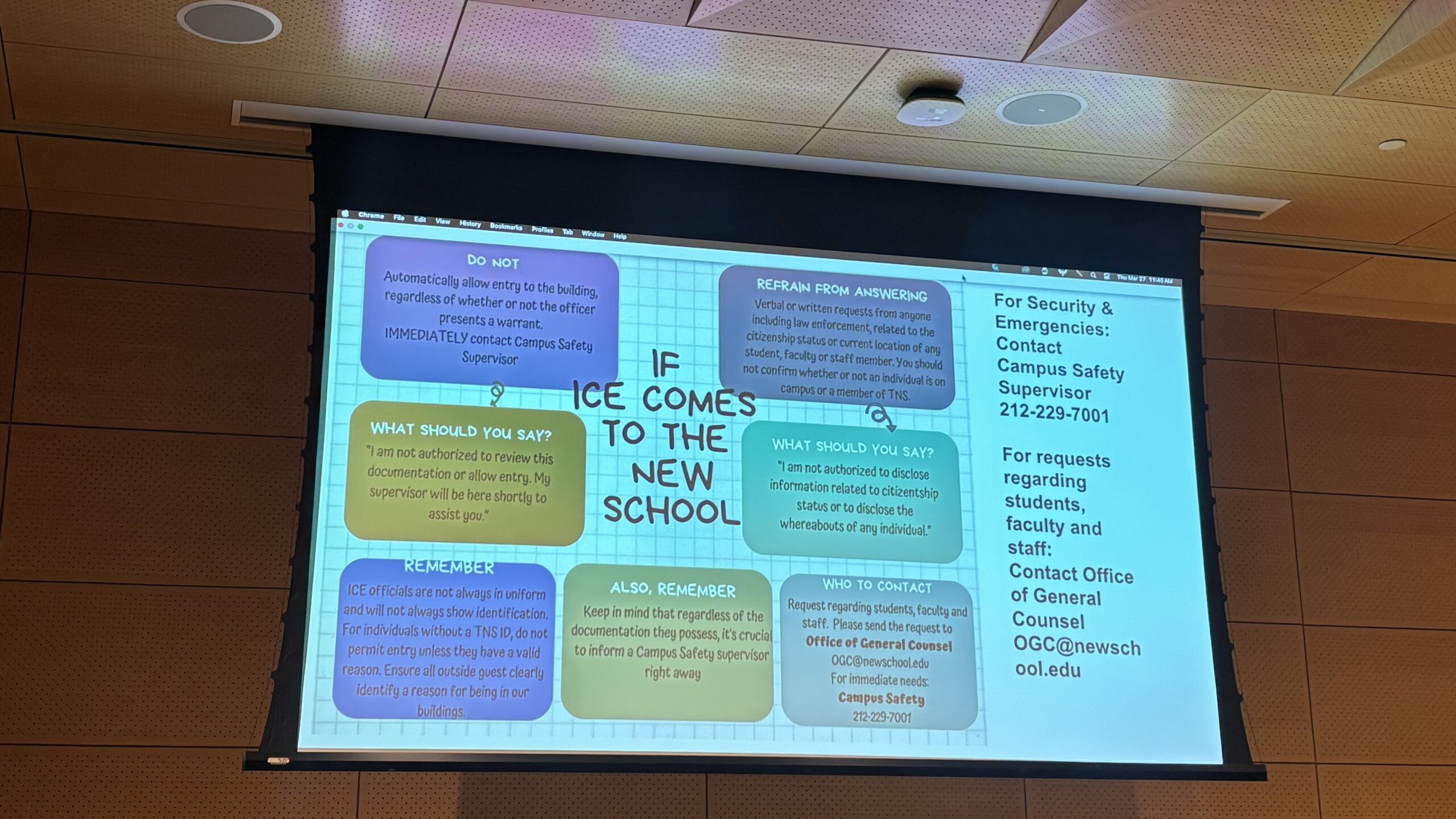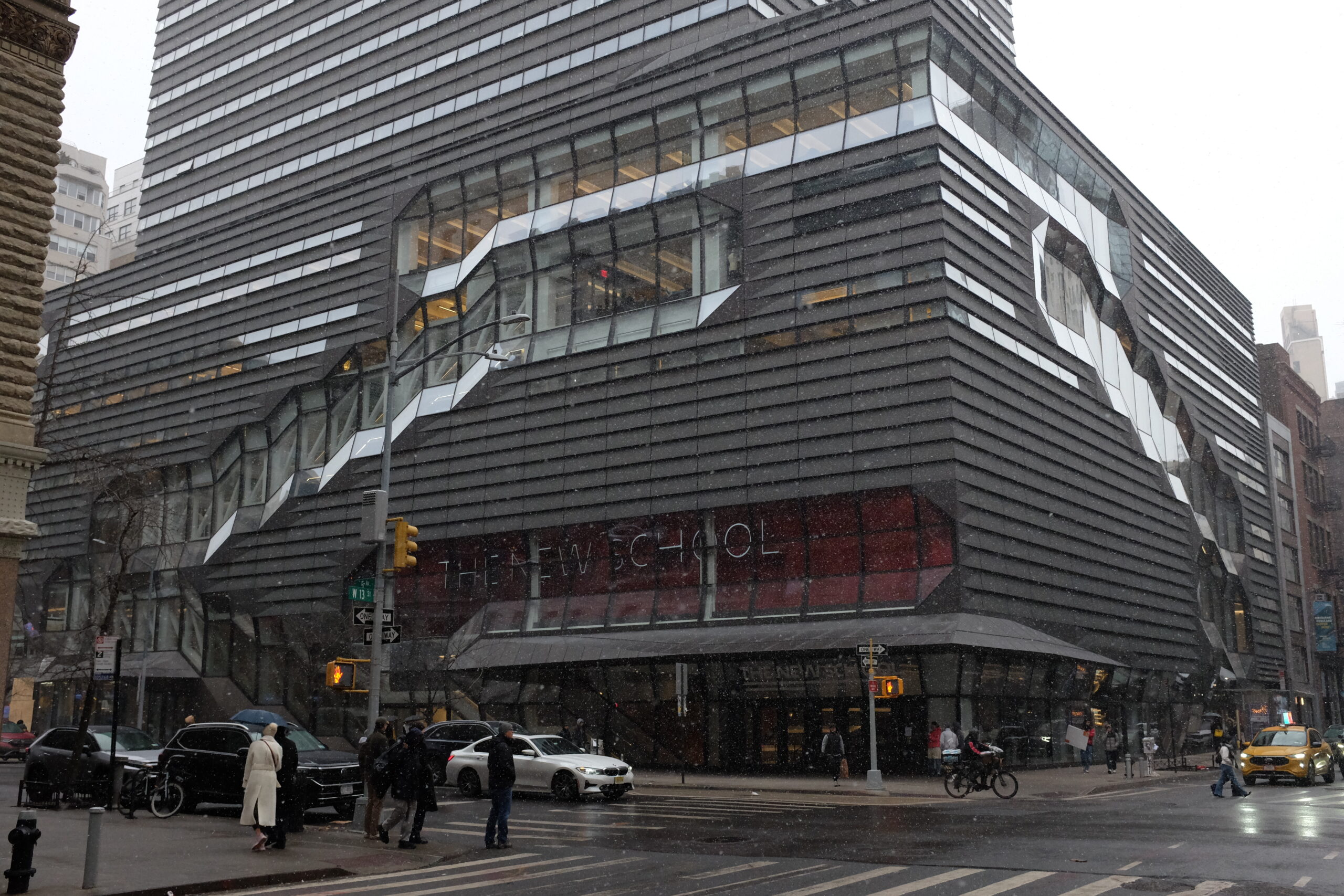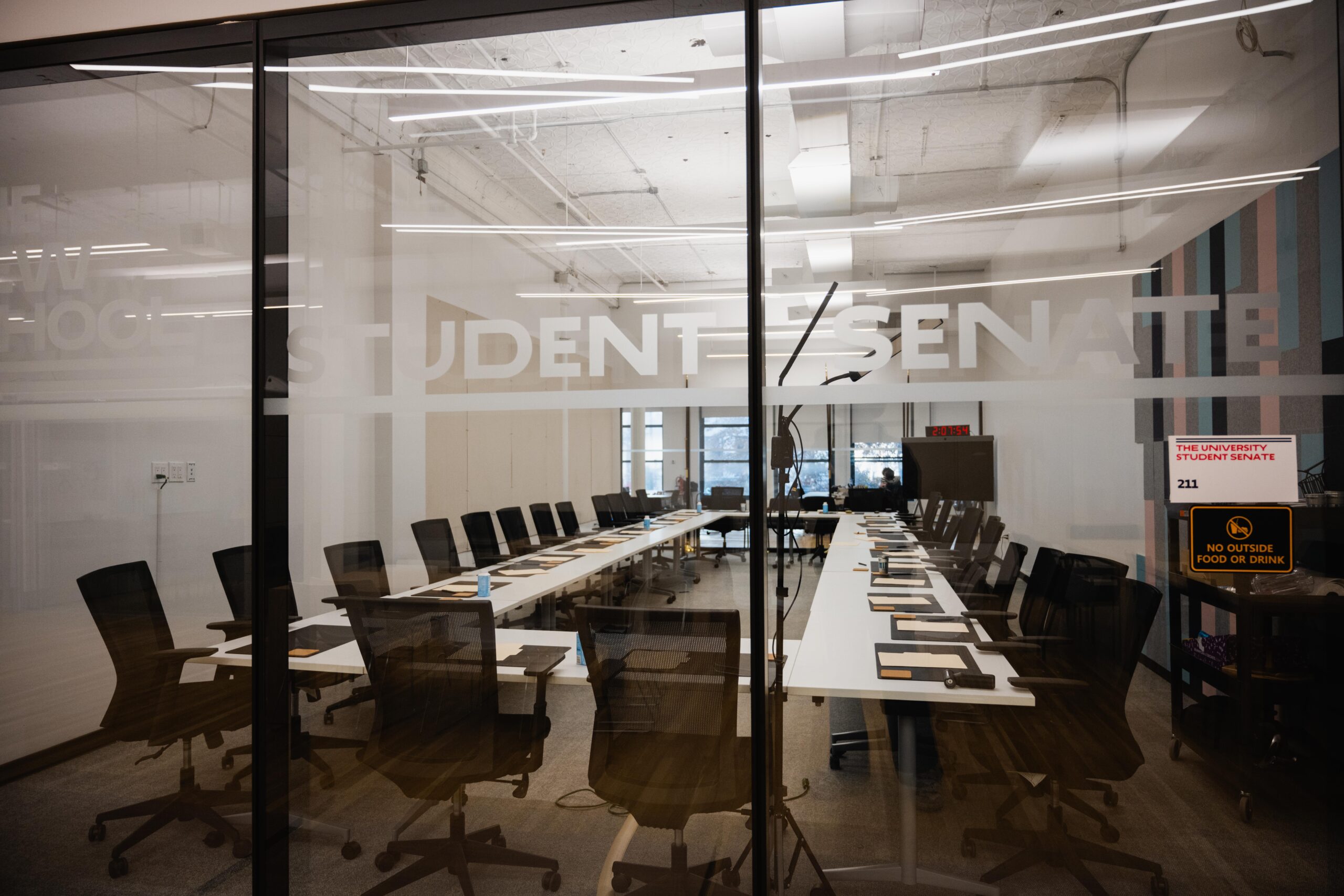This January, while many New School students were facing the cold, a group of 13 students traveled to Altos de Chavón: a design school in the Dominican Republic for the 3-credit course “Food and Sustainable Tourism in the Dominican Republic.” The program was led by Alyshia Gálvez, Professor of Food Studies and Anthropology. The reporter participated in this study abroad trip as a student in the field and has interviewed participants since then.
Throughout the course, students participated in the bread-making process at a local bakery in La Romana, studied beekeeping and active composting at the sustainable resort Fundación Grupo Punta Cana, cheered on Los Toros-a local baseball team–, walked through acres of cacao trees, attended local and resort-created beaches, as well as other excursions.
One of the most moving sections of the trip for many was the excursion to a sugar cane field — one of many that border the highways throughout the Dominican Republic. “We drove through the sugar fields and it was actually very interesting to see how people live. It was interesting, seeing this is what they don’t show you when you’re traveling on Casa de Campo on the golf courses,” said Joanna Hurwitz, fourth-year liberal arts major at Lang.
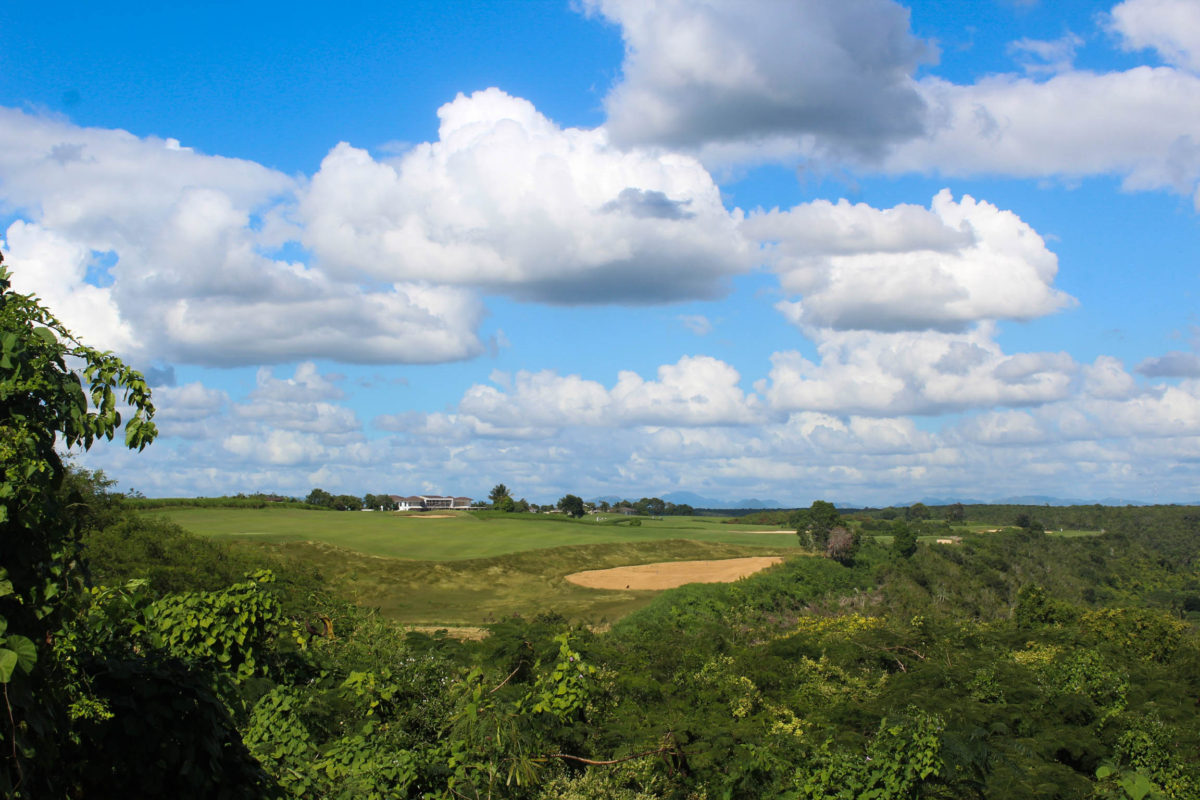
A view of the golf course from the pool at Casa De Campo. Photo By Susie Fordi.
Both credits and costs were included in the Spring 2020 tuition, although students paid “housing and program fee” of $1250 each and were individually responsible for airfare.
“A lot of the information that I learned in the program are things that can somehow be applicable to how students approach their artwork and subject matter that they decide to tackle,” said Raul Miyar, 59, the Chair of the Fine Arts Department at Chavón. Miyar spent almost every day accompanying the group of TNS students on their excursions around the country.
New School students explored and learned about food sovereignty, the issues with tourism, and human rights all day, and then returned to gated spaces filled with bodyguards and sports cars.
Altos de Chavón resides on Casa de Campo — an expensive tourist resort where golf is played, beaches are combed, and piña coladas are served for breakfast. Casa de Campo is owned by the company Central Romana, which also owns the largest sugar mill in the Dominican Republic.
“I think [the partnership] is great, and it’s really something that the school is looking into doing more of… and especially during the time that [the group] was here” said Miyar. “My experience with Alyshia was amazing. I think she’s an incredible person, professor, intellectual, and an encyclopedia of information, and on top of that she’s just a really nice person to get along with,” said Miyar.
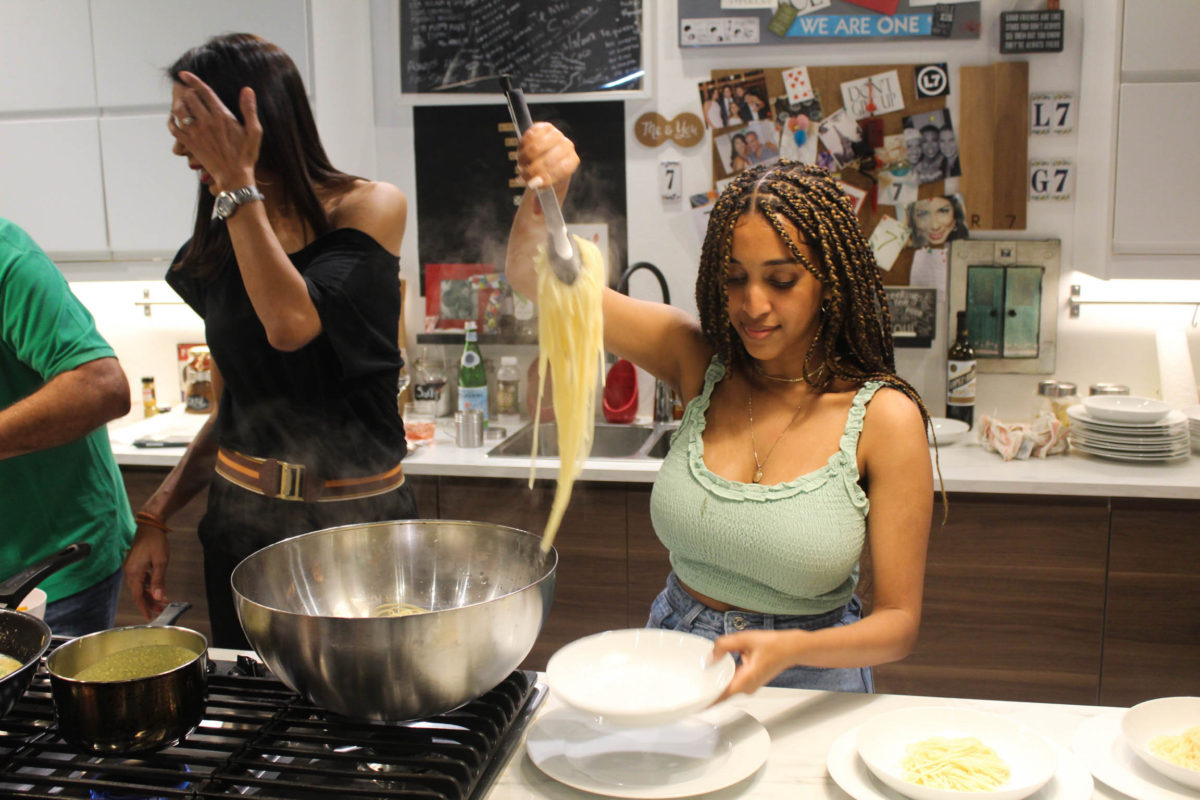
Students spoke highly of the group’s ability to communicate and learn from one another throughout the course. One particular day, the group met for a presentation by the United States Agricultural Attaché in the Dominican Republic. The presentation was to discuss the United States’ interests in international food trade and food sovereignty without self-awareness from any position than the US agenda.
“We got in the van afterward and immediately began discussing what we liked in the conversation but more so what we thought was quite problematic in what she [The United States Agricultural Attaché] was saying,” said Emma Shafer, 20, an Urban Studies major.
“To see the way that colonialism — in this case, neocolonialism — is implemented through very micro policies that push a certain model of food security on to our trading partners whether they want it or not, and oblige them to in a certain way destabilize their own agriculture. To see that actually happening and to see it described to us by a member of our own government that our taxpayer dollars are paying for was infuriating, it was shocking,” said Gálvez.
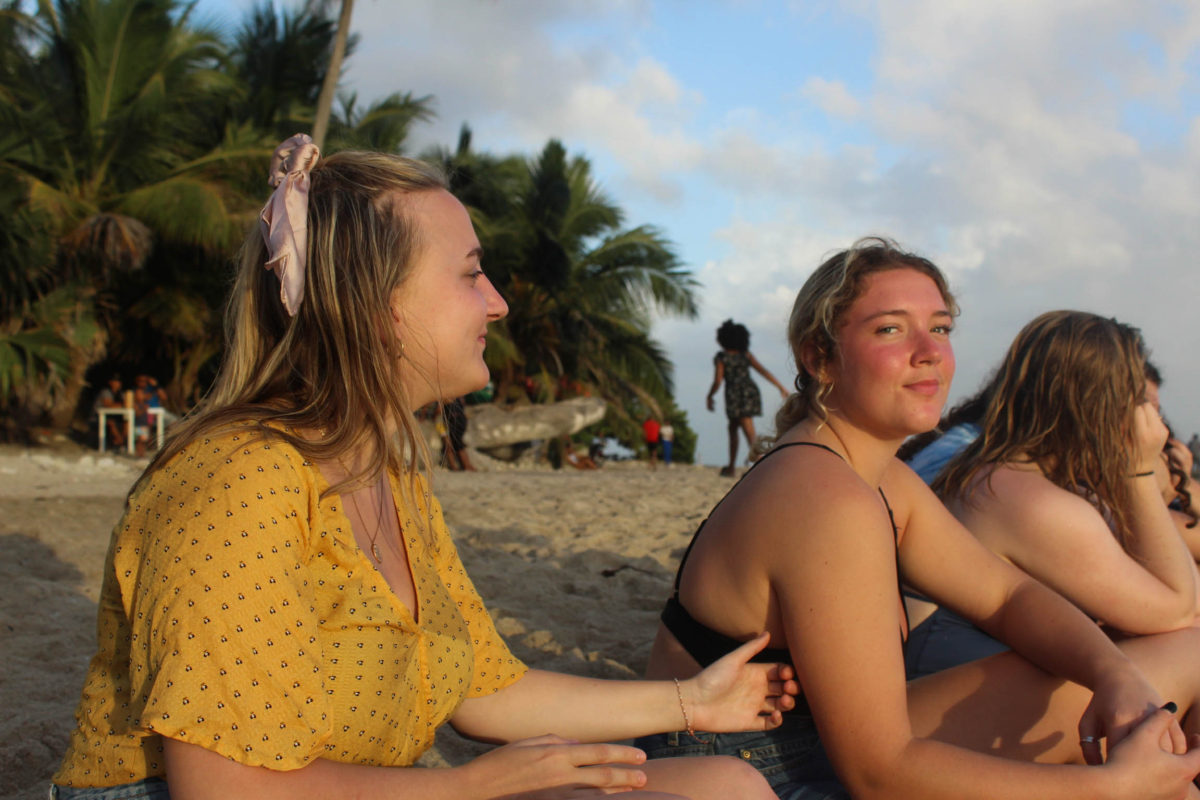
Emma Shafer, 20, urban studies major, and Hannah Maiden, 23, self-designed liberal arts major, observe their surroundings at Playa Caleta La Romana-a local beach. Photo By Susie Fordi.
Students praised the group’s ability to communicate and learn from one another throughout the course. Overall, everyone agreed that the trip was a great and worthwhile experience. “I came away really thinking that this should be something that everybody does — professors included” said Gálvez. “It made me deeply appreciative of our New School students and how different people’s ideas and perspectives can really gel.”
The van rides served as the group’s discussion space after seeing complex and intense things throughout their fieldwork. “I did not yet see the trip as a negotiation of power between the various partners and institutions that have stood to benefit from the trading of power and resources through their ongoing personal and professional relationships.”, said Mallory Seegal, graduating senior food studies major and capitalism studies minor.
“I would want everyone to experience this”, said Yulissa Duran, 27, a liberal arts major in the Bachelor’s Program for Adult and Transfer Students [BPATS] at The New School.“I learned so much about my own culture that I had no idea about. So it was really eye-opening too.” Duran’s parents were born in Santo Domingo and most of her time in the country before this trip consisted of relaxing and tanning at a resort. The study abroad experience gave Duran a student’s point of view of the country.
“Traveling through the lense of beauty and pain, and understanding what we see on a daily basis versus what’s deeper … when traveling, people only see the resorts and the Americanized beauty that we’re supposed to see,” said Hurwitz.

